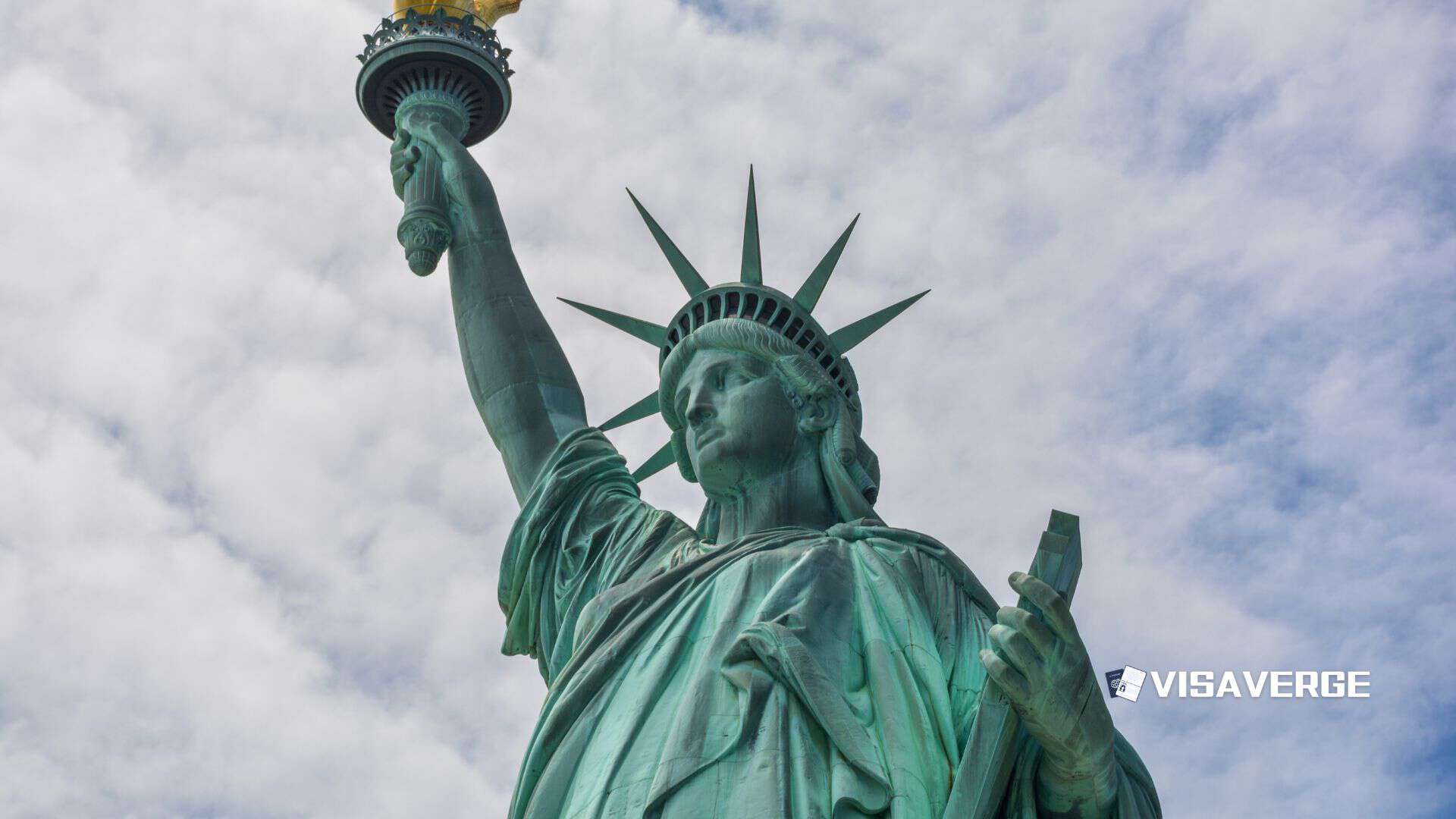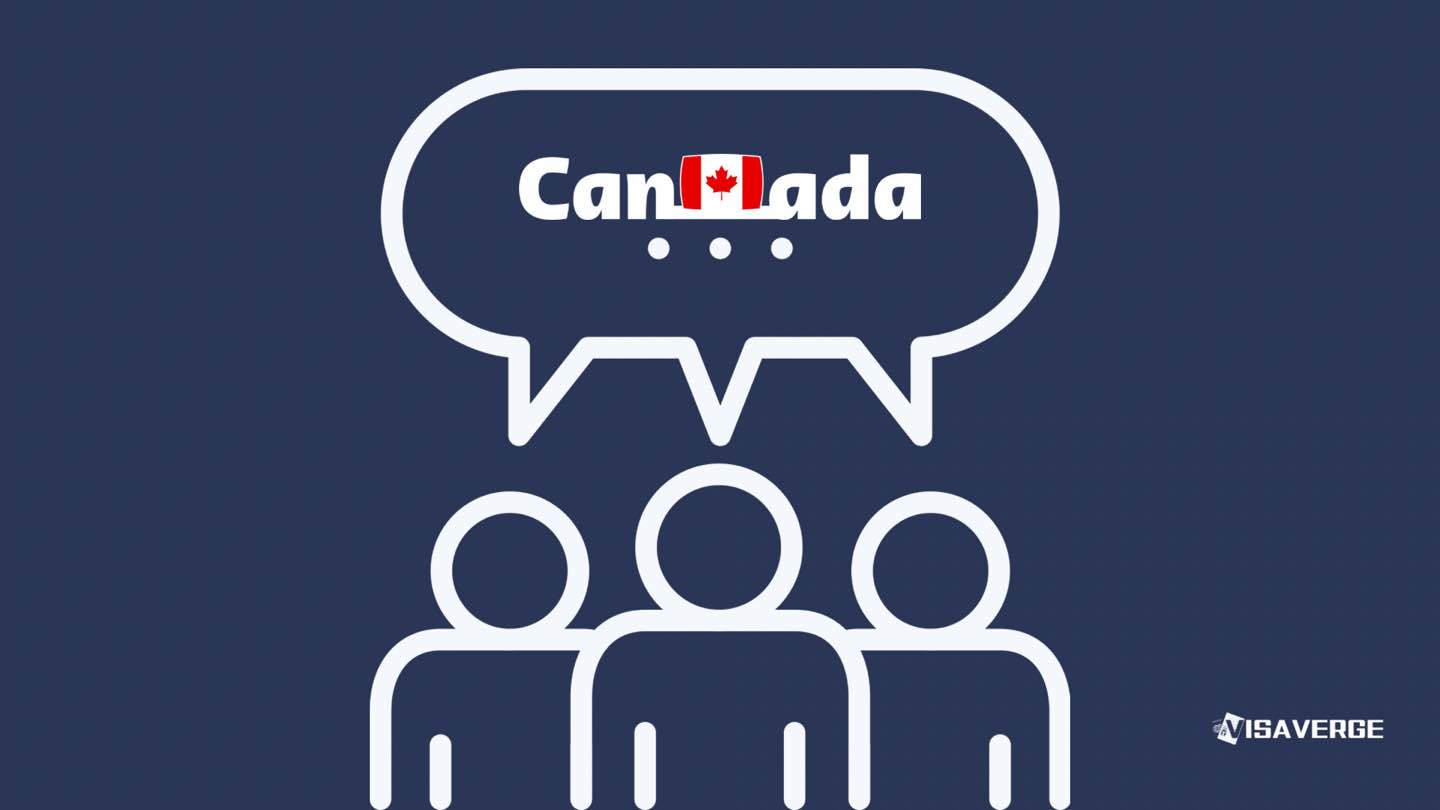Federal officials under the Trump administration filed a lawsuit against New York City on July 24, 2025, aiming to block the city’s sanctuary laws that limit cooperation with federal immigration authorities. This legal move marks a major escalation in the ongoing conflict between the federal government and local jurisdictions over immigration enforcement, with New York City at the center due to its high-profile policies and recent violent incidents involving undocumented immigrants.
What Happened and Why It Matters

The U.S. Department of Justice (DOJ) filed the lawsuit in the U.S. District Court for the Eastern District of New York. The suit names Mayor Eric Adams, City Council Speaker Adrienne Adams, Police Commissioner Jessica Tisch, and other city officials as defendants. The action comes after a recent incident where a Customs and Border Patrol officer was shot by an undocumented immigrant, which federal officials say highlights the dangers of sanctuary laws.
Homeland Security Secretary Kristi Noem and border czar Tom Homan have both spoken out against sanctuary cities. Homan promised to “flood the zone” with immigration agents in New York City and other sanctuary areas, signaling a more aggressive federal approach. The DOJ’s lawsuit specifically targets city laws that stop the Department of Corrections and the NYPD from honoring ICE detainers unless there is a judicial warrant and the person has been convicted of a violent or serious crime within the past five years or is on the federal terrorist watch list.
Federal officials argue that these policies block federal immigration enforcement, violate the federal government’s authority over immigration, and put public safety at risk by releasing people with criminal records back into the community.
Key Voices and Their Positions
Attorney General Pam Bondi made the federal government’s position clear: “If New York’s leaders won’t step up to protect their citizens, we will.” She stressed that sanctuary policies put public safety in danger. Rep. Nicole Malliotakis (R-NY) supported the lawsuit, calling sanctuary policies “misguided, costly and dangerous.” She pointed to data showing over 16,000 crimes committed by people living in taxpayer-funded hotels and shelters.
On the other side, Mayor Eric Adams has supported the main idea behind sanctuary laws but has raised concerns that the current policies might go too far, especially in cases involving violent criminals. Adams has called on the City Council to review its stance and consider changes that would allow for better cooperation with federal authorities in serious cases.
The City Council, while defending its sanctuary policies, faces growing pressure from both federal officials and some local leaders to reconsider rules that limit cooperation with ICE, especially when it comes to violent offenders.
How Sanctuary Laws Work in New York City
New York City’s sanctuary laws have been in place since 1989 and were made stronger in 2014. These laws are meant to protect undocumented immigrants from deportation for minor offenses and to build trust between immigrant communities and local police. Under these rules, city agencies like the NYPD and Department of Corrections do not honor ICE detainers unless there is a judicial warrant and the person has been convicted of a violent or serious crime in the last five years or is on the federal terrorist watch list.
ICE detainers are requests from federal immigration authorities asking local law enforcement to hold someone in jail for up to 48 hours after their release date so ICE can take custody. New York City’s policy is to only honor these requests in the most serious cases, arguing that broader cooperation would make immigrants less likely to report crimes or help police, which could hurt public safety.
Federal Arguments Against Sanctuary Laws
The Trump administration claims that New York City’s sanctuary laws make it harder for federal agents to do their jobs and put the public at risk. According to the DOJ, these policies have led to the release of thousands of people with criminal records, some of whom have gone on to commit more crimes. Federal officials say that by refusing to honor ICE detainers, the city is interfering with federal immigration enforcement and violating the federal government’s authority over immigration matters.
Homeland Security Secretary Kristi Noem and border czar Tom Homan have both argued that sanctuary cities like New York City are “harboring criminals” and making the country less safe. Homan’s promise to increase the number of immigration agents in New York City and step up worksite enforcement and deportation raids shows the administration’s determination to force local cooperation, even if the city resists.
Local and Immigrant Advocacy Perspectives
Local officials and immigrant advocates see things differently. They argue that sanctuary laws are important for protecting vulnerable communities and keeping everyone safe. By limiting cooperation with ICE, they say, immigrants feel safer coming forward to report crimes or help police with investigations. If immigrants fear that any contact with local authorities could lead to deportation, they may avoid reporting crimes, which could make neighborhoods less safe for everyone.
Mayor Eric Adams has tried to balance these concerns, supporting the main goals of sanctuary laws but also calling for changes in cases involving violent criminals. The City Council, however, has so far defended the current policies, saying they are needed to protect immigrant communities and maintain trust between residents and law enforcement.
Legal Process and What Happens Next
The lawsuit will move forward in federal court, with New York City expected to defend its policies on both constitutional and public safety grounds. The city may try to get the case dismissed or could negotiate changes to its policies, depending on how the legal and political situation develops.
If the DOJ wins the case, New York City could be forced to change or even repeal its sanctuary laws, especially those that limit compliance with ICE detainers. Such a ruling could also set a legal precedent that affects other sanctuary cities across the United States 🇺🇸.
A preliminary hearing is expected in the next few weeks, and the case could go on for months or even years if there are appeals. The outcome will have a big impact not just on New York City but on other cities with similar policies, as well as on the national debate over immigration enforcement.
Background: How Did We Get Here?
Sanctuary policies in New York City go back more than 30 years. The city first adopted sanctuary status in 1989, and in 2014, the City Council passed laws that made it even harder for local agencies to cooperate with federal immigration authorities. These changes were meant to protect immigrants from being deported for minor offenses and to make sure that everyone, no matter their immigration status, could trust the police.
The Trump administration has long targeted sanctuary cities as part of its push for stricter immigration controls. New York City is not the only city facing legal action; Los Angeles was also sued by the federal government in June 2025. These lawsuits are part of a broader effort to force local governments to help enforce federal immigration laws.
What’s at Stake for Immigrants and the Community?
The outcome of this lawsuit will have real effects on immigrants, local communities, and law enforcement. If New York City is forced to change its sanctuary laws, more undocumented immigrants could face deportation, even for minor offenses. This could make many people afraid to report crimes or work with the police, which could hurt public safety.
On the other hand, supporters of the Trump administration’s approach argue that stronger cooperation between local and federal authorities is needed to keep dangerous criminals off the streets. They point to cases where people with criminal records were released because of sanctuary laws and then committed more crimes.
For immigrant families, the stakes are high. Many worry that changes to sanctuary laws could lead to more deportations and family separations. Community organizations and legal aid groups are preparing to help those who may be affected by any changes in policy.
Legal and Constitutional Questions
This case raises important questions about the balance of power between the federal government and local governments. The U.S. Constitution gives the federal government authority over immigration, but the Tenth Amendment limits the federal government’s power to force local governments to carry out federal policies.
Legal scholars say the case could set a major precedent for how much control the federal government has over local law enforcement when it comes to immigration. If the courts side with the Trump administration, it could mean that cities and states have less freedom to set their own policies on immigration enforcement.
Political and National Impact
The lawsuit is likely to remain a hot topic in the 2026 election cycle, with immigration policy at the center of debates at both the local and national levels. Candidates on both sides are expected to use the case to rally their supporters and push for changes to immigration laws.
Other cities with sanctuary policies are watching the case closely. If New York City is forced to change its laws, it could lead to similar changes in other places. On the other hand, if the city wins, it could strengthen the position of sanctuary cities across the country.
What Can Affected Communities Do?
For immigrants and their families in New York City, it’s important to stay informed about the latest developments in the case. Community organizations and legal aid groups can provide information and support. People who are worried about their immigration status should consider speaking with a qualified immigration attorney.
Employers, schools, and service providers should also be aware of possible changes in policy and be ready to help those who may be affected. Local leaders can work with community groups to make sure that everyone knows their rights and has access to resources.
Official Resources and Where to Get Help
- For updates on the lawsuit and official statements, visit the U.S. Department of Justice.
- The New York City Mayor’s Office and City Council provide information on local policies and community resources.
- For information about ICE detainers and federal immigration enforcement, see U.S. Immigration and Customs Enforcement (ICE).
Analysis from VisaVerge.com suggests that the outcome of this lawsuit will shape not only the future of New York City’s sanctuary laws but also the broader relationship between federal and local governments on immigration matters. The case highlights the ongoing debate over how best to balance public safety, community trust, and the rights of immigrants.
Key Takeaways and Next Steps
- The Trump administration’s lawsuit against New York City is the most aggressive federal challenge to sanctuary city policies so far.
- The case centers on the city’s refusal to honor ICE detainers without judicial warrants and recent violent incidents involving undocumented immigrants.
- The outcome will affect federal-local relations, immigration enforcement, and public safety policy across the United States 🇺🇸.
- Immigrants, families, and community groups should stay informed and seek legal help if needed.
- Employers and service providers should be ready to support those affected by any changes in policy.
As the legal battle moves forward, all eyes are on New York City. The decisions made in this case will have lasting effects on how cities across the country handle immigration enforcement and protect their communities.
Learn Today
Sanctuary Laws → Local policies restricting cooperation with federal immigration authorities to protect undocumented immigrants from deportation.
ICE Detainers → Requests from ICE asking local agencies to hold individuals for transfer to federal custody.
Department of Justice (DOJ) → Federal agency responsible for enforcing the law and administering justice in the United States.
Judicial Warrant → A legal authorization signed by a judge allowing enforcement actions like detaining individuals.
Federal Terrorist Watch List → A list of individuals monitored for suspected involvement in terrorist activities across the US.
This Article in a Nutshell
The Trump administration sued New York City on July 24, 2025, challenging sanctuary laws that restrict ICE cooperation. The lawsuit claims these policies block federal enforcement and threaten public safety amidst concerns over violent immigrant crimes and calls for legal changes.
— By VisaVerge.com













